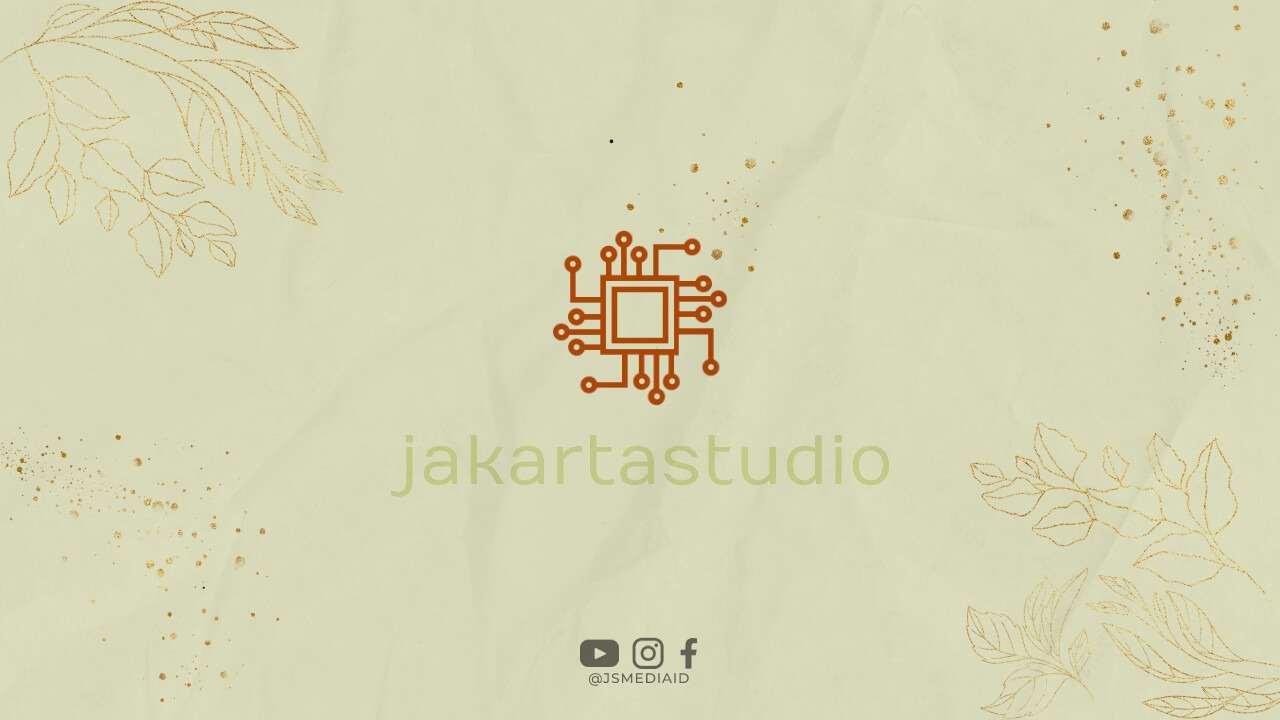Introduction
Opening a bank account in Ethiopia can be a simple and straightforward process. Whether you are a resident or a foreigner, having a bank account in Ethiopia offers numerous benefits, such as easy access to financial services and secure storage for your money. In this article, we will guide you step by step on how to open a bank account in Ethiopia.
Gather the Required Documents
Before heading to the bank, ensure you have the necessary documents. Typically, you will need the following:
- Valid identification document (passport, ID card, or driving license)
- Proof of residence (utility bill or rental agreement)
- Two passport-sized photographs
- Reference letter from your employer or a reputable person
Research and Choose a Bank
Ethiopia has various banks to choose from, and it’s essential to find the one that best suits your needs. Consider factors such as the bank’s reputation, branch accessibility, account fees, and available services. You can conduct online research or seek recommendations from friends and colleagues.
Visit the Bank
Once you have chosen a bank, visit the nearest branch. Approach the customer service desk and inform them about your intention to open a bank account. They will provide you with the necessary application forms and guide you through the process.
Fill in the Application Form
The application form is a crucial document that collects your personal information and account preferences. Take your time to complete it accurately and provide all required details. Double-check for any errors or missing information before submitting it.
Submit the Required Documents
Hand over the completed application form along with the required documents to the bank staff. They will verify the authenticity of the documents and make copies for their records. Remember to keep the original documents with you.
Initial Deposit
Most banks in Ethiopia require an initial deposit to activate your account. The minimum deposit amount varies depending on the bank and the type of account you choose. The bank staff will inform you about the required amount and guide you on making the deposit.
Choose the Account Type
Ethiopian banks offer various types of accounts to cater to different needs. These include savings accounts, current accounts, and foreign currency accounts. Consider your banking needs and select the account type that suits you best. The bank staff can provide you with detailed information about each account type.
Signature and Biometric Verification
As part of the account opening process, the bank will verify your signature and biometric data. You will be asked to sign on a designated form and provide your fingerprints. This verification ensures the security and authenticity of your account.
Receive Your Account Details
Once your application is processed, the bank will provide you with your account details, including your account number and any associated cards. Keep this information safe and secure, as it will be necessary for future transactions.
Set up Online Banking
Many Ethiopian banks offer online banking services, allowing you to access your account and perform various transactions remotely. If you are interested in online banking, inquire about the process during your visit to the bank. They will guide you on how to set it up and provide you with necessary login credentials.
Conclusion
In conclusion, opening a bank account in Ethiopia is a relatively simple process. By gathering the required documents, choosing a suitable bank, and following the necessary steps, you can have your account up and running in no time. Having a bank account in Ethiopia provides convenience, security, and access to a wide range of financial services. So, why wait? Start your journey towards financial empowerment by opening a bank account in Ethiopia today!

